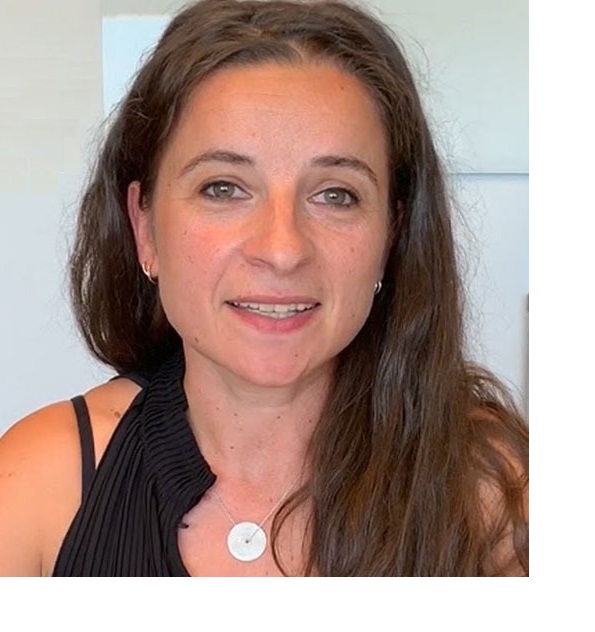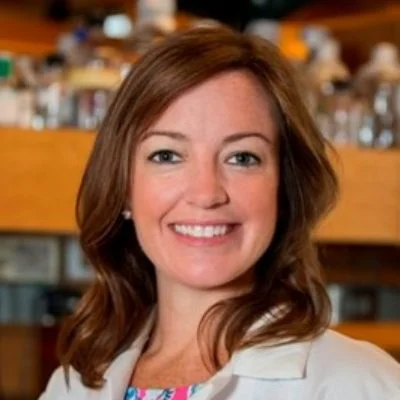2023 Prize Laureates
2023 Celiac Disease Foundation Prize for Excellence in Celiac Disease Research
Robert Anderson, MB ChB PhD
 Dr. Anderson’s research in patients with celiac disease has helped to cement the role of gluten-reactive T cells as the fundamental drivers of celiac disease. His work was first to show that T cells specific for gluten circulate in celiac disease patients’ blood confirming celiac disease is a systemic disease not limited to the gut. His team used these insights to produce the first comprehensive T cell epitope map of gluten to guide the future development of highly specific food tests, diagnostics, therapies, and “non-toxic” cereals. Subsequently, Dr. Anderson designed and led the supporting research and clinical development of the first specific T cell-directed immunotherapy for celiac disease. Insights from this program revealed the immunological basis for clinical reactions to gluten and provide new opportunities for biopsy-free diagnosis, monitoring, and accelerating drug development for coeliac disease. Dr. Anderson completed undergraduate medicine and a PhD in New Zealand, and then trained in gastroenterology in Melbourne Australia. His career in celiac disease combining vaccinology and T cell immunology began as a post-doctoral scientist at Oxford University in Professor Adrian Hill’s and Derek Jewell’s labs.
Dr. Anderson’s research in patients with celiac disease has helped to cement the role of gluten-reactive T cells as the fundamental drivers of celiac disease. His work was first to show that T cells specific for gluten circulate in celiac disease patients’ blood confirming celiac disease is a systemic disease not limited to the gut. His team used these insights to produce the first comprehensive T cell epitope map of gluten to guide the future development of highly specific food tests, diagnostics, therapies, and “non-toxic” cereals. Subsequently, Dr. Anderson designed and led the supporting research and clinical development of the first specific T cell-directed immunotherapy for celiac disease. Insights from this program revealed the immunological basis for clinical reactions to gluten and provide new opportunities for biopsy-free diagnosis, monitoring, and accelerating drug development for coeliac disease. Dr. Anderson completed undergraduate medicine and a PhD in New Zealand, and then trained in gastroenterology in Melbourne Australia. His career in celiac disease combining vaccinology and T cell immunology began as a post-doctoral scientist at Oxford University in Professor Adrian Hill’s and Derek Jewell’s labs.
Dr. Anderson returned to Melbourne and established the celiac disease research program at the Walter and Eliza Hall Institute based on a strong partnership with Coeliac Australia. Dr Anderson transitioned from academic to commercial roles in Australia and then in the United States while developing experimental immunotherapy for celiac disease. Dr. Anderson is now in clinical practice at Mackay Base Hospital and continues development of T cell diagnostics and novel therapies as co-founder and director of Novoviah Pharmaceuticals in Queensland Australia. Dr. Anderson is current President of the International Society for the Study of Celiac Disease.
2023 Celiac Disease Foundation Young Investigator Prize in Basic Science
Valerie Abadie, PhD

Dr. Abadie is a Research Associate Professor at the University of Chicago, Department of Medicine, section of Gastroenterology. Dr. Abadie is internationally recognized for her expertise in mucosal immunology and celiac disease. Her work greatly contributes to increasing our understanding of celiac disease pathogenesis. A Celiac Disease Foundation Young Investigator Research Grant recipient, Dr. Abadie’s groundbreaking work includes the identification of the immune mechanisms leading to the loss of oral tolerance to gluten, and the development of the first pathophysiological mouse model of celiac disease, which represents a unique pre-clinical model for the evaluation of novel therapies for celiac disease. In particular, she demonstrated that retinoic acid, a Vitamin A metabolite, can synergize with the pro-inflammatory cytokine IL-15 that is overexpressed in the intestinal mucosa of celiac disease patients to abrogate tolerance to dietary antigens like gluten and induce inflammation.
Using the newly developed mouse model of celiac disease, Dr. Abadie was able to demonstrate that the genetically predisposing HLA-DQ8 molecule, tissue transglutaminase 2 and B lymphocytes are all required to promote the development of villous atrophy, the most severe manifestation of celiac disease.
2023 Celiac Disease Foundation Young Investigator Prize in Clinical Science
Maureen Leonard, MD, MMSc
 Maureen Leonard, MD, MMSc, is assistant professor of pediatrics at Harvard Medical School, clinical director of the Center for Celiac Research and Treatment at Mass General for Children (MGfC), and co-Investigator of the Celiac Disease Genomic Environmental, Microbiome and Metabolomic Study (CDGEMM). As a physician-scientist, Dr. Leonard conducts work encompassing clinical and translational research programs in adults and children. Her research program is focused on predicting and preventing celiac disease through the CDGEMM Study. This study aims to identify biomarkers such as microbial “signatures” which may predict the onset of autoimmune disease in an international, prospective cohort of infants at risk for celiac disease. She also works to identify environmental factors that influence celiac disease onset and biomarkers that can predict intestinal healing. She collaborates with other researchers to create and perform clinical trials aimed at treating celiac disease in both children and adults.
Maureen Leonard, MD, MMSc, is assistant professor of pediatrics at Harvard Medical School, clinical director of the Center for Celiac Research and Treatment at Mass General for Children (MGfC), and co-Investigator of the Celiac Disease Genomic Environmental, Microbiome and Metabolomic Study (CDGEMM). As a physician-scientist, Dr. Leonard conducts work encompassing clinical and translational research programs in adults and children. Her research program is focused on predicting and preventing celiac disease through the CDGEMM Study. This study aims to identify biomarkers such as microbial “signatures” which may predict the onset of autoimmune disease in an international, prospective cohort of infants at risk for celiac disease. She also works to identify environmental factors that influence celiac disease onset and biomarkers that can predict intestinal healing. She collaborates with other researchers to create and perform clinical trials aimed at treating celiac disease in both children and adults.
